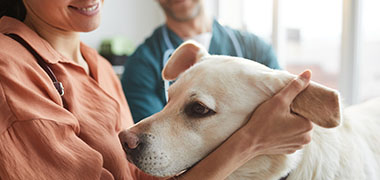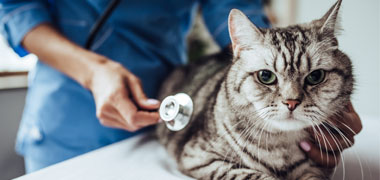
This role has a moderate level of AI exposure. AI can enhance efficiency for some tasks, but this job still relies on human skills and decision-making.
Explore all careersAn Equine Veterinary Nurse specialises in horse care, assisting with surgeries, monitoring health conditions, and handling horses during treatment.
Get qualified to work as an Equine Veterinary Nurse with a course recognised across Australia. Speak to a training provider to learn more.
Browse occupations related to Equine Veterinary Nurse
In Australia, a full time Equine Veterinary Nurse generally earns $1,400 per week ($72,800 annual salary) before tax. This is a median figure for full-time employees and should be considered a guide only. As you gain more experience you can expect a potentially higher salary than people who are new to the industry.
 Courses.com.au Team
Courses.com.au Team
The number of veterinary nurses has increased in Australia over the last five years. There are currently 12,100 veterinary nurses and a small percentage of them specialise as Equine Veterinary Nurses. Equine Veterinary Nurses can find work in all regions of Australia.
Source: Australian Government Labour Market Insights
 Courses.com.au Team
Courses.com.au Team
A Certificate IV in Veterinary Nursing is a great choice if you’re hoping to become an Equine Veterinary Nurse. You’ll learn how to be a part of animal surgery by preparing horses for anaesthesia, assisting during procedures and monitoring animals during recovery. You’ll also cover necessary topics like animal well-being, infection control and veterinary drugs. This course usually takes 12 months to complete and includes a work placement.
 Courses.com.au Team
Courses.com.au Team



An Equine Veterinary Nurse works in a veterinary facility but specialises in the care of horses. Your role will be varied but could involve assisting with surgical procedures and caring for horses during their recovery. You might monitor horse injuries or medical conditions or you could assist with handling a horse while a veterinarian is examining or treating the animal. An Equine Veterinary Nurse might work at a veterinary surgery that specialises in horses or you might work for an equine operation like a stable or breeding facility.
Equine Veterinary Nurses need to have excellent horse handling skills. The horse you are dealing with may be in pain or distressed so you’ll need to be able to handle challenging behaviours. Your role will involve plenty of physical work and you’ll need good observational skills if you’re monitoring health conditions. Equine Veterinary Nurses need good communication skills because you’ll usually be working as part of a larger team.